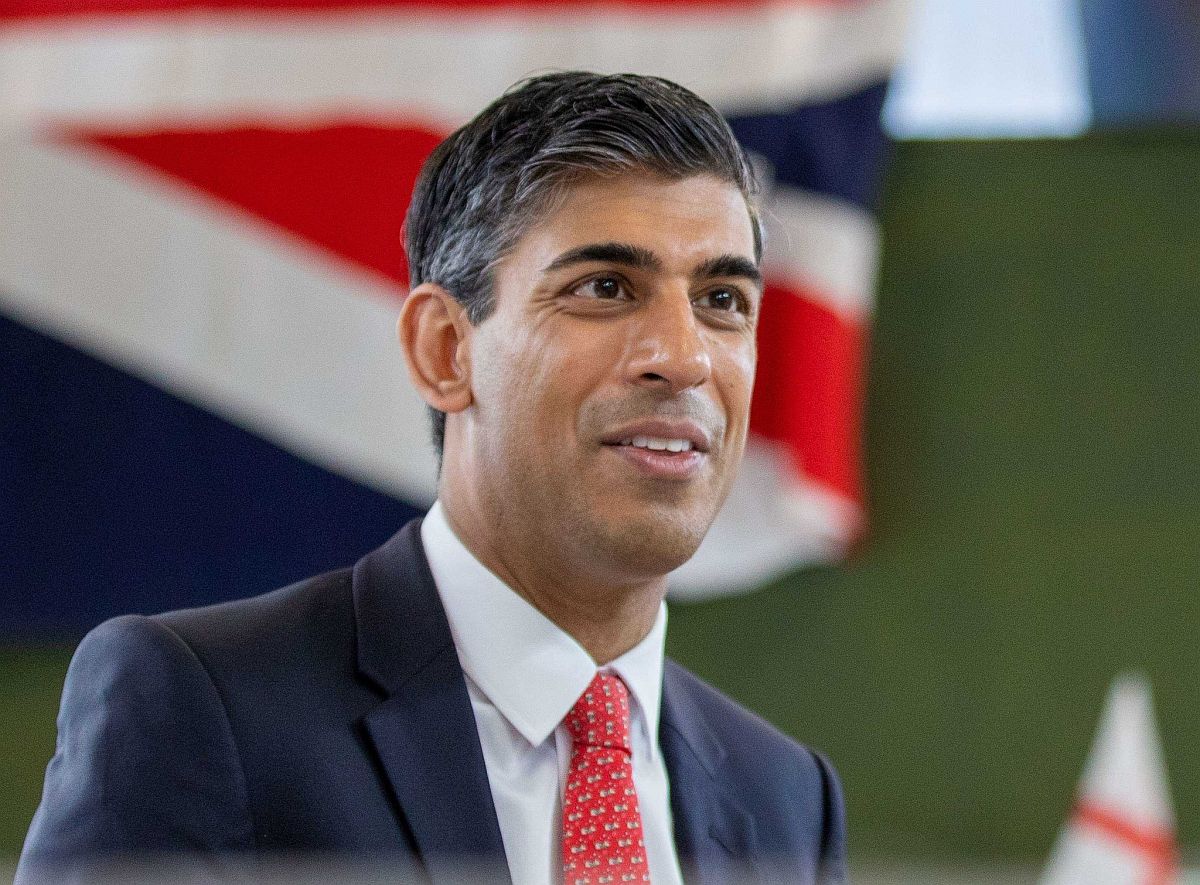KUALA LUMPUR, Jan 9 — British Prime Minister Rishi Sunak has stepped into the National Health Service’s (NHS) winter crisis in an emergency meeting held last Saturday at Downing Street with NHS and social care leaders.
The prime minister urged for “bold” and “radical” action, holding that a “business-as-usual mindset” won’t fix the challenges that the United Kingdom is facing.
According to British television network ITV and The Guardian, Sunak was warned that the rare weekend meeting will unlikely be able to dig the NHS out of its quandary.
Critics from the Labour Party said patients deserved more than a “talking shop”, while Liberal Democrat leaders described the timing of the discussions as “too little, too late.”
Other commentators said talk shop discussions do little to ease the extreme pressure on frontline services after years of inaction.
Sunak, however, said he found the discussions to be “highly valuable” and told health and social care leaders he recognised that times have been tough in the last couple of years.
“During the pandemic, we had to bring boldness and radicalism to how we did things in order to get through,” Sunak said. “I think we need that same bold and radical approach now because a business-as-usual mindset won’t fix the challenges we face.”
In a meeting that came amid an ongoing strike by nursing and ambulance workers over pay and working conditions, the NHS Recovery Forum focused on four key issues: social care and delayed discharge, urgent and emergency care, elective care and primary care.
The Guardian reported that senior doctors paint the NHS as being on a “knife-edge”, with many accident and emergency (A&E) units struggling to keep up with demand and trusts and ambulance services declaring critical incidents.
The country’s discharge rates have also fallen to a new low last week, with only one-third of the patients ready to leave the hospital actually being discharged.
The UK Health Secretary Steve Barclay has said, in an earlier pledge, that he will take further steps to “improve the flow through our hospitals”. Around 13,000 NHS beds have been blocked by delays in discharging payments.
In a report by The Sunday Times, it is said that an emergency winter pressure package is to include a hospital discharge fund for thousands of NHS patients to be moved to care home beds. Under this strategy, thousands of beds could be block-bought by the government, and the strategy is hoped to have an effect within a month.
Additionally, Barclay suggested a “constructive approach” when it comes to striking health workers. Barclay also said that workers would get a significant pay boost from April — if staff will accept radical reforms to boost productivity.
“I remain ready to engage with unions on what the government can do to support the workforce, and I look forward to talking with the trade unions to see how we make any settlement done through the independent pay body more affordable, where there are productivity and efficiency opportunities,” he said.
Health unions have been invited to speak with Barclay on Monday to discuss pay for 2023-2024 from April, but the unions say that this will not prevent further strike actions planned for January.








